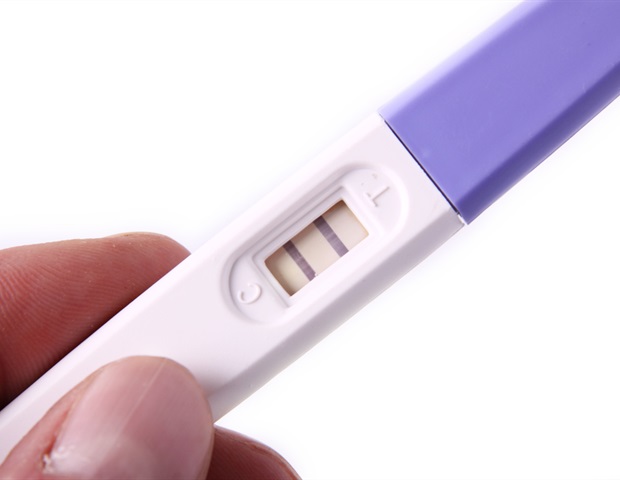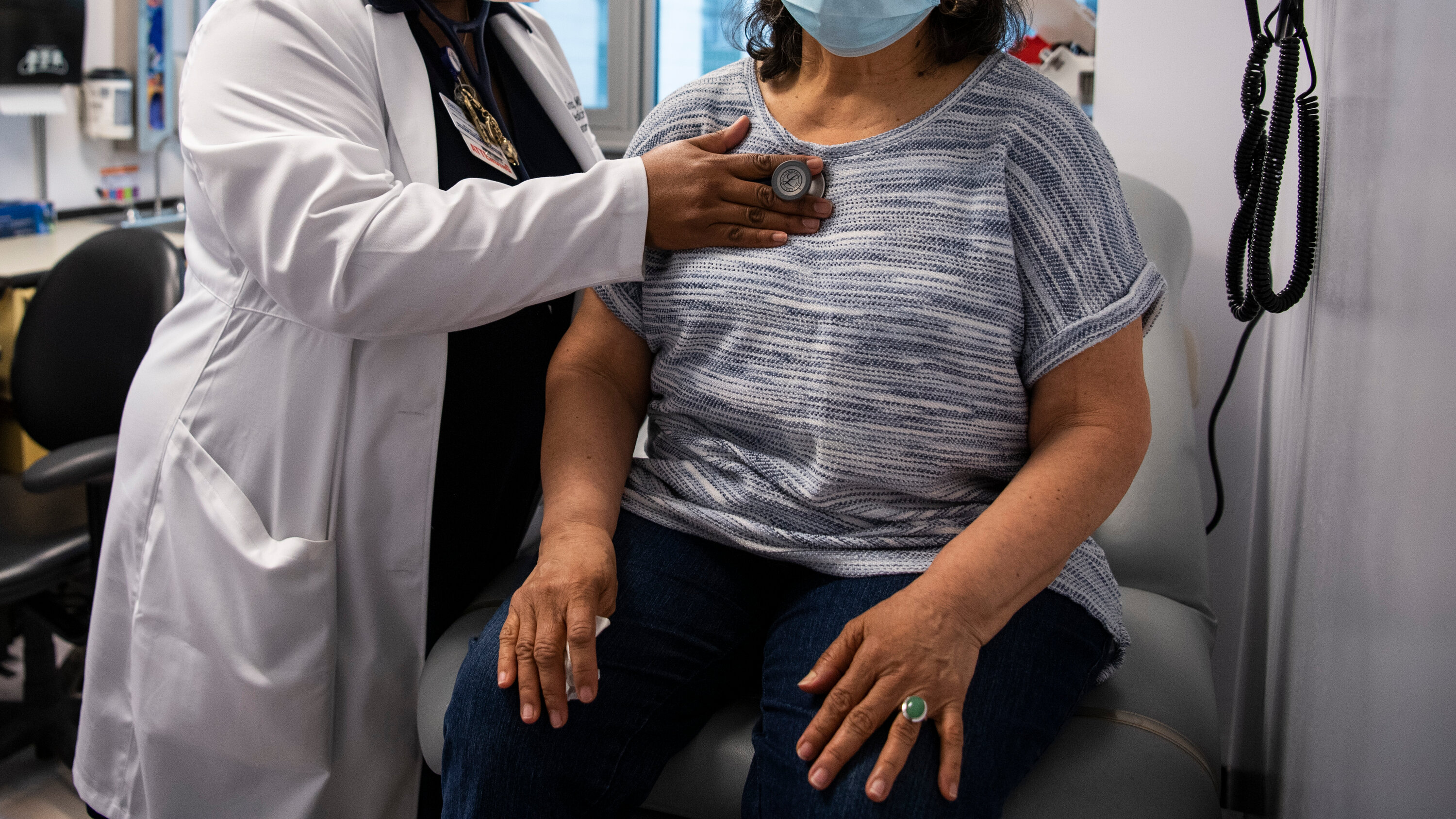Breaking: Single LSD Dose Shows Promising Anxiety Relief

In a groundbreaking study, researchers have discovered a potential breakthrough for individuals struggling with generalized anxiety disorder. Participants experienced remarkable improvements in their mental health after receiving a single, carefully administered dose of LSD—a psychedelic substance potent enough to trigger a transformative psychological experience.
The research suggests that a controlled, therapeutic dose of LSD could offer significant relief for those battling chronic anxiety, challenging traditional treatment approaches. By inducing a profound altered state of consciousness, the psychedelic compound appears to help patients reframe their anxious thoughts and gain a new perspective on their mental challenges.
This innovative finding opens up exciting possibilities for mental health treatment, potentially providing hope for millions of people who have found limited success with conventional anxiety medications. While more research is needed, the study represents a promising step toward understanding how psychedelic substances might be leveraged for therapeutic purposes.








